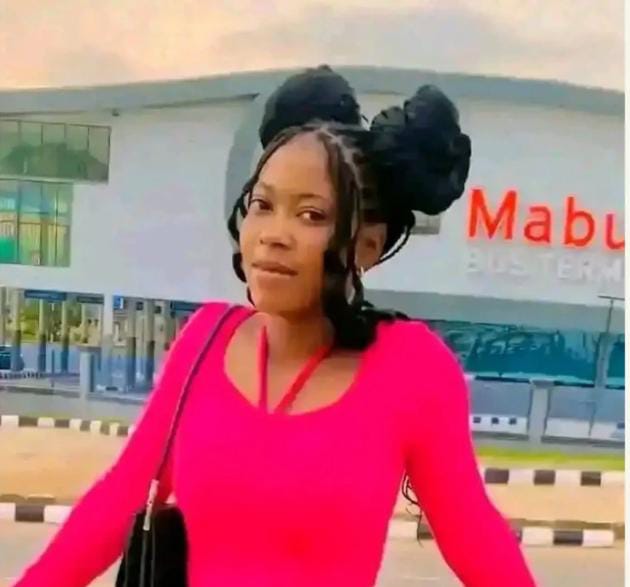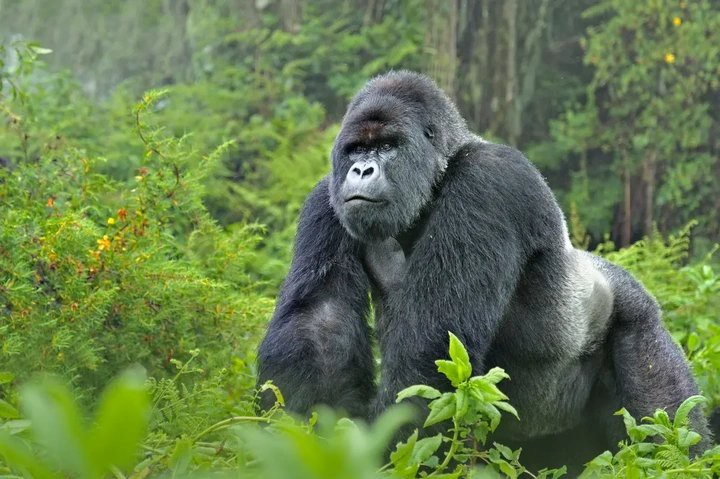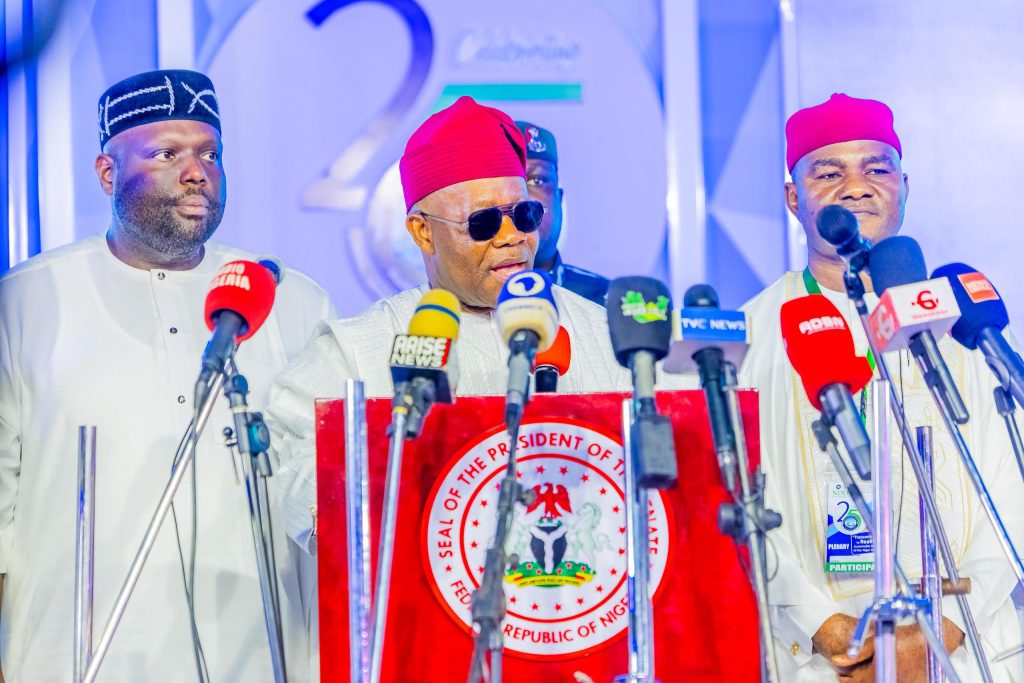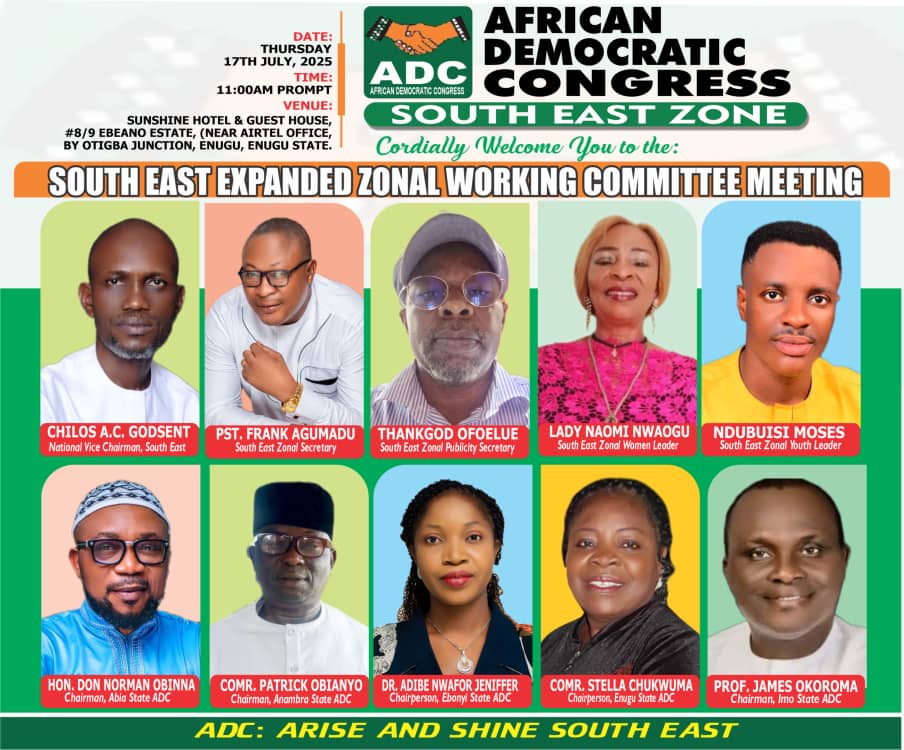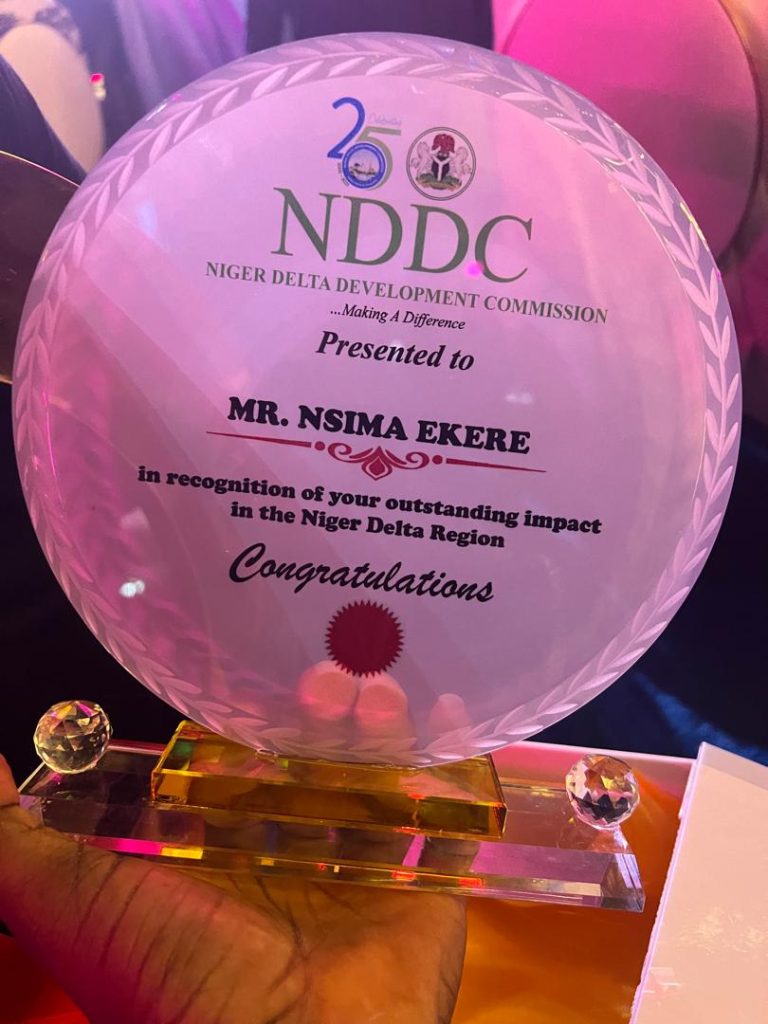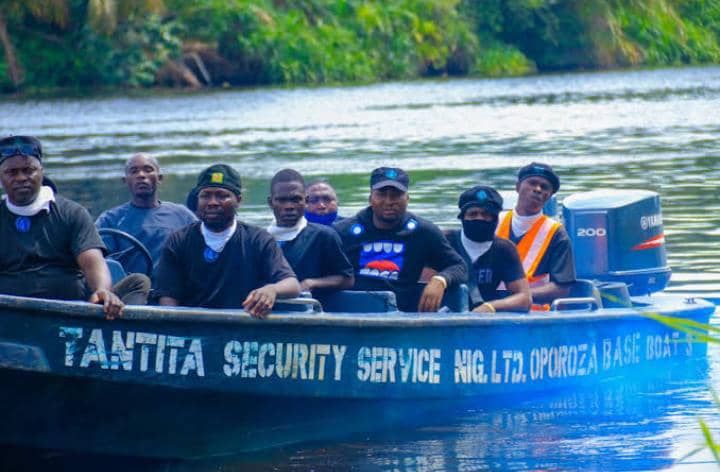Featured
Protests subside in Nigeria as President Tinubu calls for dialogue

Protests against economic hardship in Nigeria appeared to have ended yesterday, with protesters leaving the Freedom Park in Lagos and deserting venues in Abuja and Benin.
The development came after President Bola Ahmed Tinubu’s broadcast to the nation, in which he appealed to the protesters to call off their action.
In Lagos, a disagreement broke out among protesters at the Freedom Park over whether to continue or end the protest.
Some leaders suggested shelving the protest until October 1 to give the President more time to address their demands, while others argued that the President had not adequately addressed their concerns.
Assistant Commissioner of Police Paul Okafor appealed to the protesters to disperse, and they eventually left the venue.
Lagos Governor Babajide Sanwo-Olu announced channels of engagement with protesters, praising them for their peaceful conduct and announcing an end to the protest.
He directed the Ministry of Youth and Social Development, Ministry of Information and Strategy, and Office of Civic Engagement to open wider channels of engagement with stakeholders, including protest leaders.
In Abuja, the Moshood Abiola National Stadium was deserted, and security operatives were stationed at the venue to maintain law and order.
An helicopter was seen hovering over the Federal Capital Territory, and security was heightened around the Presidential Villa.
In Benin, protesters suspended their action after the President’s speech, removing barricades and allowing free movement of vehicles and pedestrians.
However, in Osun and Plateau states, protesters held church services at the venues, with leaders collecting offerings to support the protest.
They vowed to continue the protest, saying the President had not addressed their demands.
In Uyo, the Akwa Ibom State capital, the Water Fountain (Edet Akpan Junction) is currently deserted as the organizers led by Dr Joseph Etuk called it off after day one.
Nobel laureate Prof. Wole Soyinka called on security agents to be tactical in handling protests, warning against unprofessional conduct that could hurt protesters.
He cautioned against using live bullets, tear gas, and other lethal means, citing alternative models of civilised advances in security intervention.
The protests, which began on Thursday, were sparked by economic hardship and demands for better governance.
The President’s broadcast and subsequent calls for dialogue have led to a subsidence of the protests, but it remains to be seen whether the government will address the underlying issues driving the protests.
For Diaspora Digital Media Updates click on Whatsapp, or Telegram. For eyewitness accounts/ reports/ articles, write to: citizenreports@diasporadigitalmedia.com. Follow us on X (Fomerly Twitter) or Facebook



